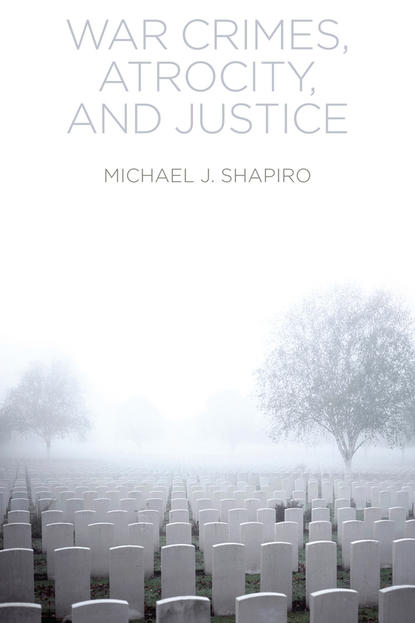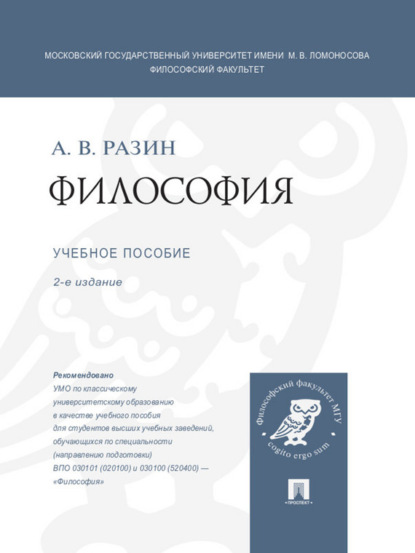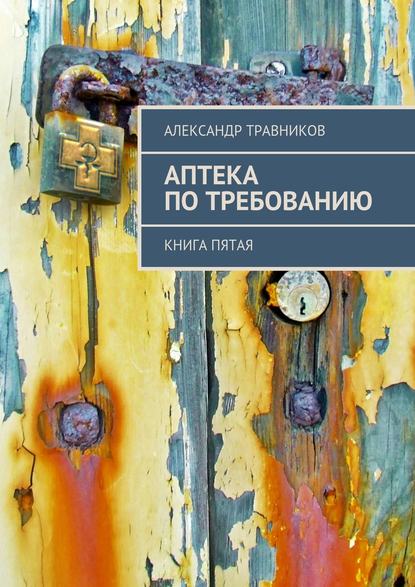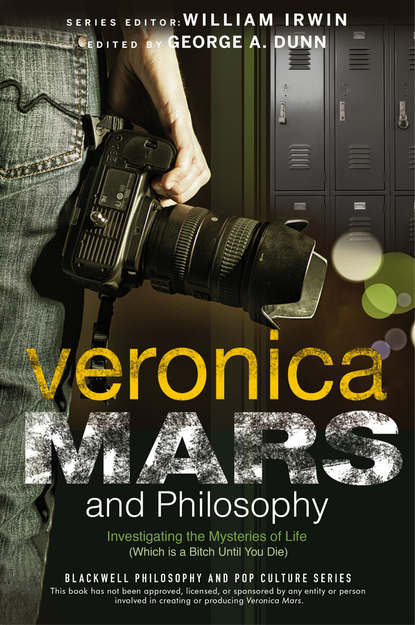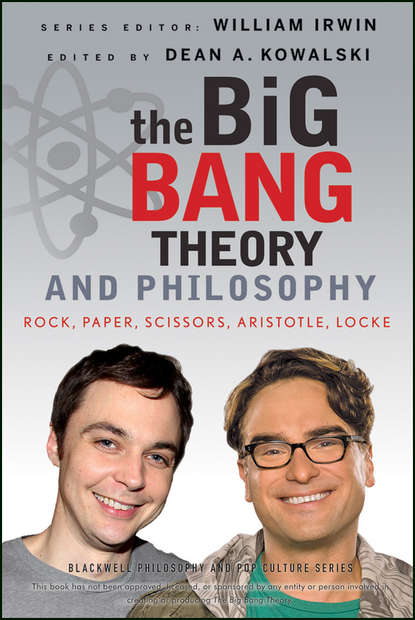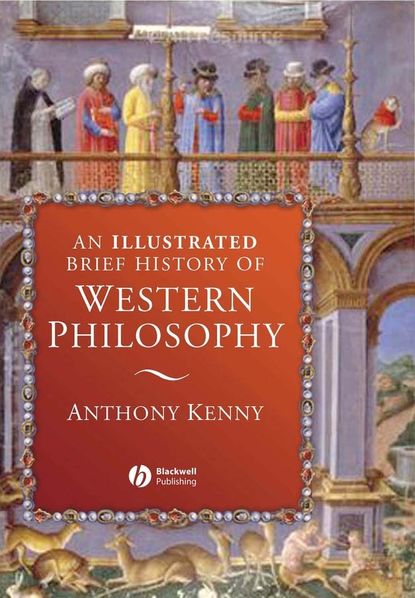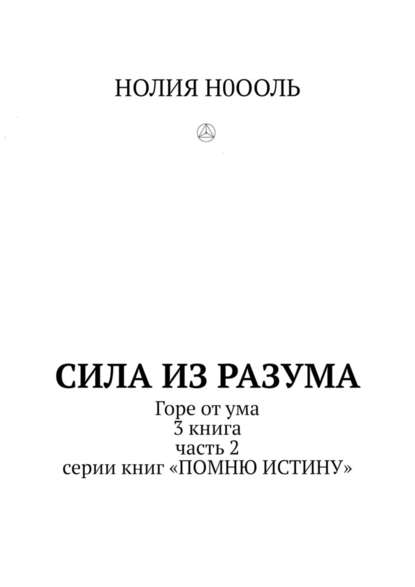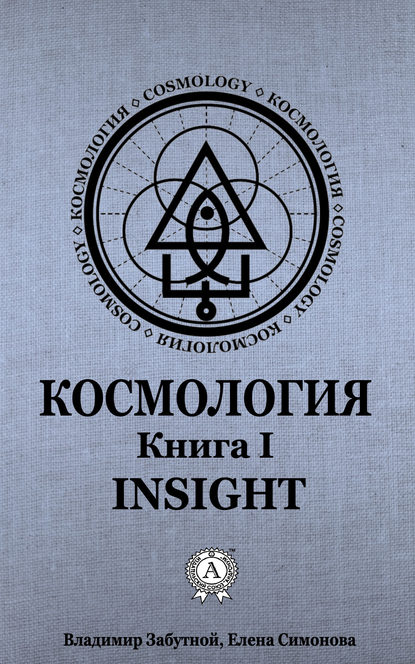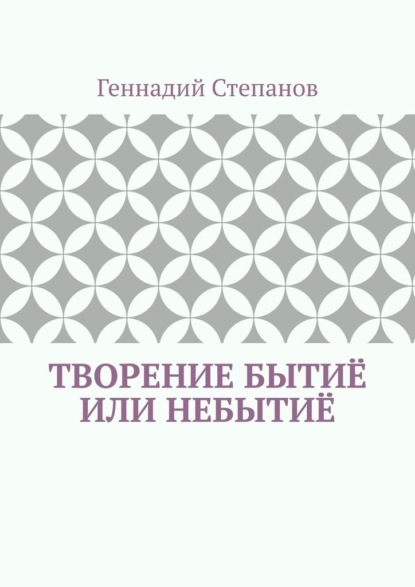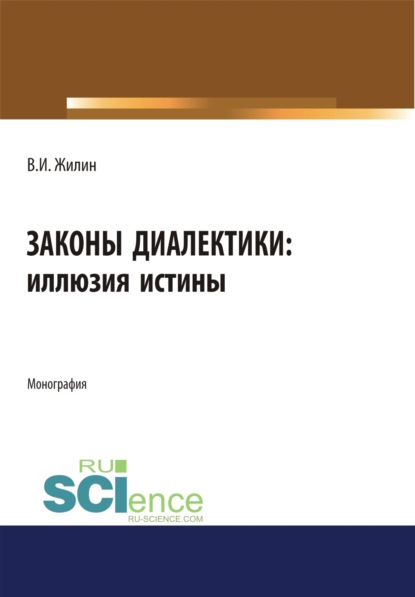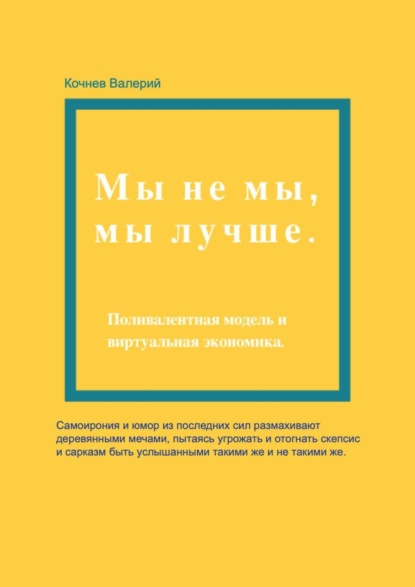"War Crimes, Atrocity and Justice" - это книга Майкла Дж. Шапиро, в которой он исследует дискурсивные практики, через которые мы понимаем доминирующие образы военных преступлений, зверств и справедливости. Автор сравнивает изображение суда по делу о военных преступлениях (например, одинокого обвиняемого в наушниках в Гааге, внимательно слушающего каталог обвинений) с "литературной справедливостью" - изображениями в литературе, кино и биографических свидетельствах, которые задают вопросы о зверствах и справедливости, исключенные из юридических процедур. Шапиро использует сравнительный анализ, чтобы показать, что условия возможности военных преступлений возникают из действий государств, негосударственных организаций и отдельных лиц, занимающихся торговлей оружием, миротворческой деятельностью, торговлей сексом, правоохранительной деятельностью и судебными процессами. Автор использует примеры из юридических дискурсов, литературы, медиа, кино и телевидения, чтобы создать нюансированную картину политики и проблемы справедливости. Книга будет интересна студентам кино и медиа, литературы, культурологии, современной философии и политической науки.
Электронная Книга «War Crimes, Atrocity and Justice» написана автором Michael Shapiro J. в году.
Минимальный возраст читателя: 0
Язык: Английский
ISBN: 9780745689531
Описание книги от Michael Shapiro J.
What do we know about war crimes and justice? What are the discursive practices through which the dominant images of war crimes, atrocity and justice are understood? In this wide ranging text, Michael J. Shapiro contrasts the justice-related imagery of the war crimes trial (for example the solitary, headphone-wearing defendant at the Hague listening with intent to a catalogue of charges) with ?literary justice?: representations in literature, film, and biographical testimony, raising questions about atrocities and justice that juridical proceedings exclude. By engaging with the ambiguities exposed by the artistic and experiential genres, reading them alongside policy and archival documentation and critical theoretical discourses, Shapiro?s War Crimes, Atrocity, and Justice challenges traditional notions of ?responsibility? in juridical settings. His comparative readings instead encourage a focus on the conditions of possibility for war crimes as they arise from the actions of states, non-state agencies and individuals involved in arms trading, peace keeping, sex trafficking, and law enforcement and adjudication. Theory springs to life as Shapiro draws on examples from legal discourse, literature, media, film, and television, to build a nuanced picture of politics and the problem of justice. It will be of great interest to students of film and media, literature, cultural studies, contemporary philosophy and political science
